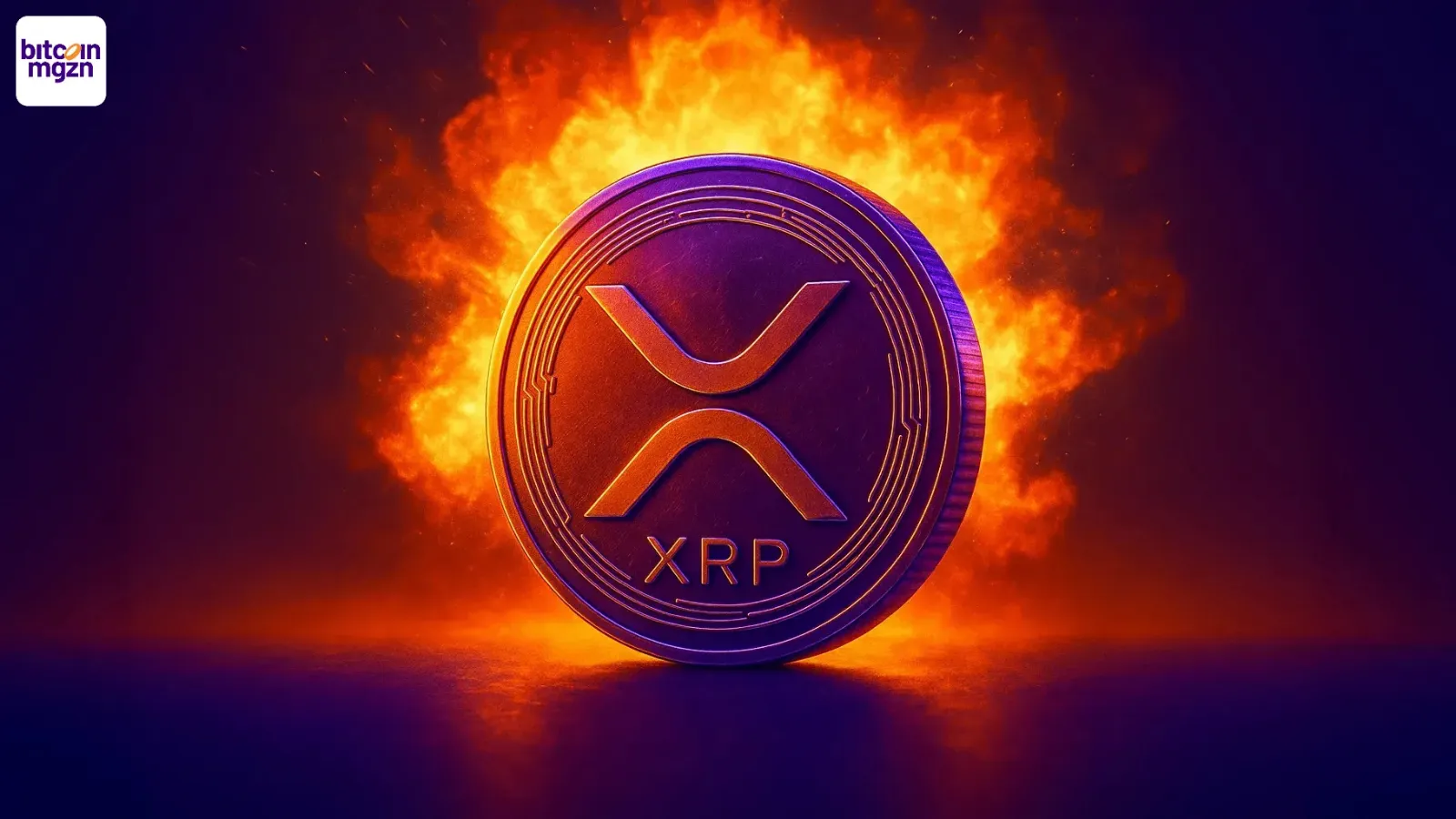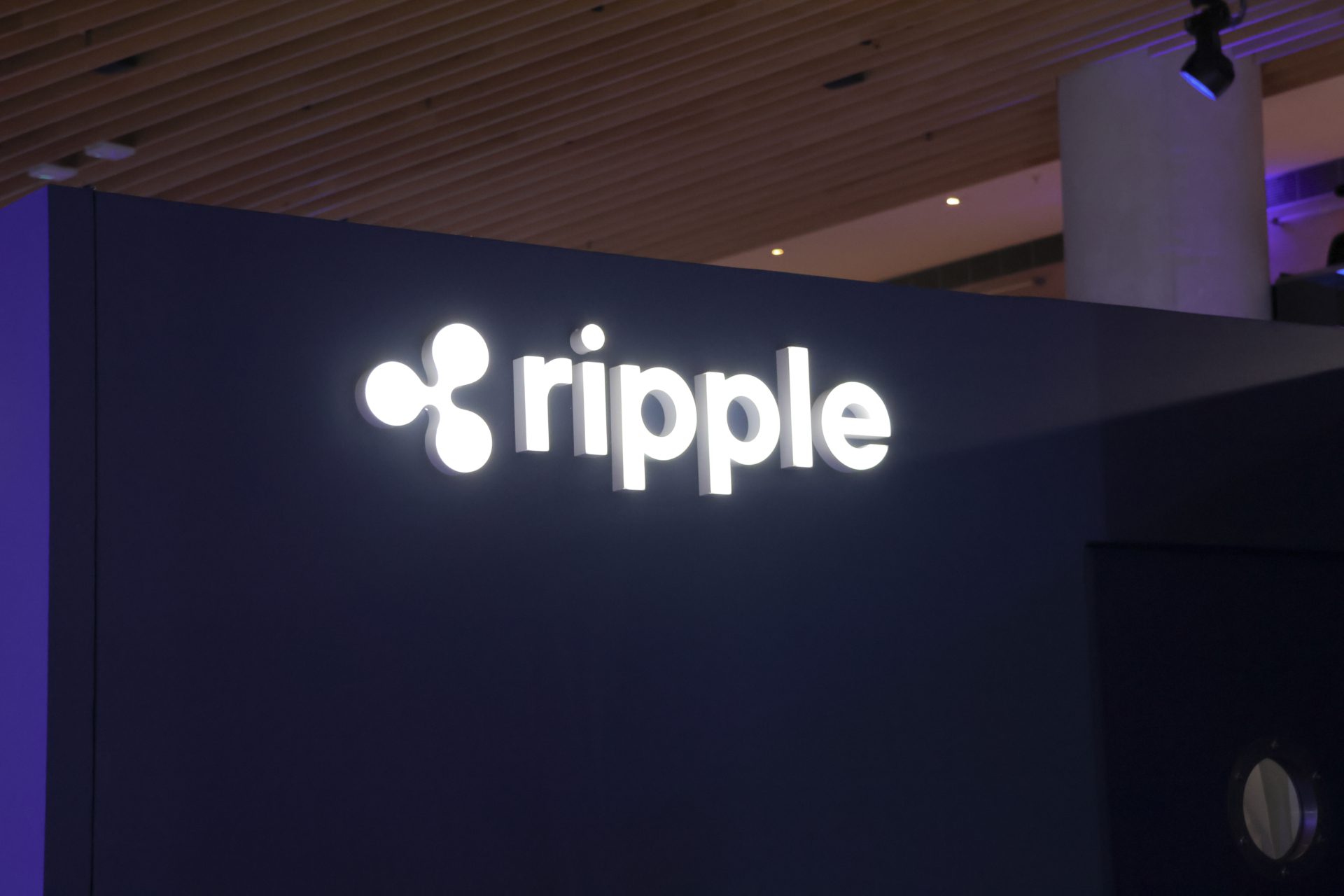In a significant ruling by the Madras High Court in India, cryptocurrencies like XRP have been legally recognized as property within the framework of civil asset law. This landmark decision has implications not only for local users in India but also resonates globally, particularly within the European context.
Implications of the Ruling
The court’s recognition of cryptocurrency as property marks an important step in clarifying legal ambiguities surrounding digital assets, which have often been treated with uncertainty in various jurisdictions. Until now, many questions lingered regarding the legal status of cryptocurrencies: Are they currencies, securities, or something else entirely?
Background of the Case
The case originated from a hack involving the Indian cryptocurrency exchange WazirX, where approximately $234 million in crypto assets were compromised. The exchange proposed a “socialization of losses” plan to distribute the losses among all users, including those whose assets were not affected. One user, identified as rhutikumari, contested this in court to protect her 3,532 XRP, which were purchased before the hack. The court sided with her, granting interim protection to her assets.
Details of the Court’s Ruling
- The presiding judge, N. Anand Venkatesh, distinguished that cryptocurrencies do not fit neatly into categories of tangible property or currency, but rather as a form of property that can be beneficially owned. He stated, “It is not a tangible property nor is it a currency.”
- The court emphasized that cryptocurrencies possess unique characteristics of ownership, such as transferability and exclusive control via private keys. This sets a precedent for how crypto assets should be regarded legally.
- The ruling also asserted that exchanges managing user crypto assets should treat them as client property held in trust, imposing a significant obligation on platforms beyond India.
- Jurisdiction played a crucial role in this case; although the restructuring plan was based in Singapore, the court ruled that Indian jurisdiction applied since the user operated within India and the exchange was registered there.
Broader Impact and Relevance
This ruling has several implications for the Dutch and broader European markets:
- A legal affirmation of cryptocurrency ownership clarifies that holders may have rights, including protection against seizure or claims, which could lead to increased confidence in digital assets.
- It raises the responsibility for exchanges and custodians to operate with higher transparency and governance, reflecting the need for secure handling of client funds.
- The judicial scrutiny of loss distribution plans highlights potential vulnerabilities in how exchanges manage user assets, prompting them to reassess their policies.
- Though India is not part of the European legal landscape, the recognition of cryptocurrencies as serious properties encourages a unified regulatory approach globally, reinforcing the importance of digital assets in the financial ecosystem.
Challenges and Considerations
While the ruling is a robust step forward, it’s essential to note that it remains a preliminary decision. The implications might vary based on jurisdiction, particularly in Europe where regulatory frameworks like the proposed MiCA legislation may influence how digital assets are treated.
Conclusion
The Madras High Court’s ruling stands as a pivotal moment in the legal perspective of digital assets. For investors and users in the Netherlands and beyond, it serves as a beacon of progress in how cryptocurrency ownership is recognized legally. The call for better governance and clear regulations from exchanges aligns with user interests and boosts trust in the crypto market. As regulatory frameworks evolve, this case exemplifies the need for transparency and accountability among platforms handling digital currencies.
This ruling can encourage stakeholders in the cryptocurrency field to advocate for regulations that mirror the growing seriousness and legitimacy of digital assets in financial markets.



